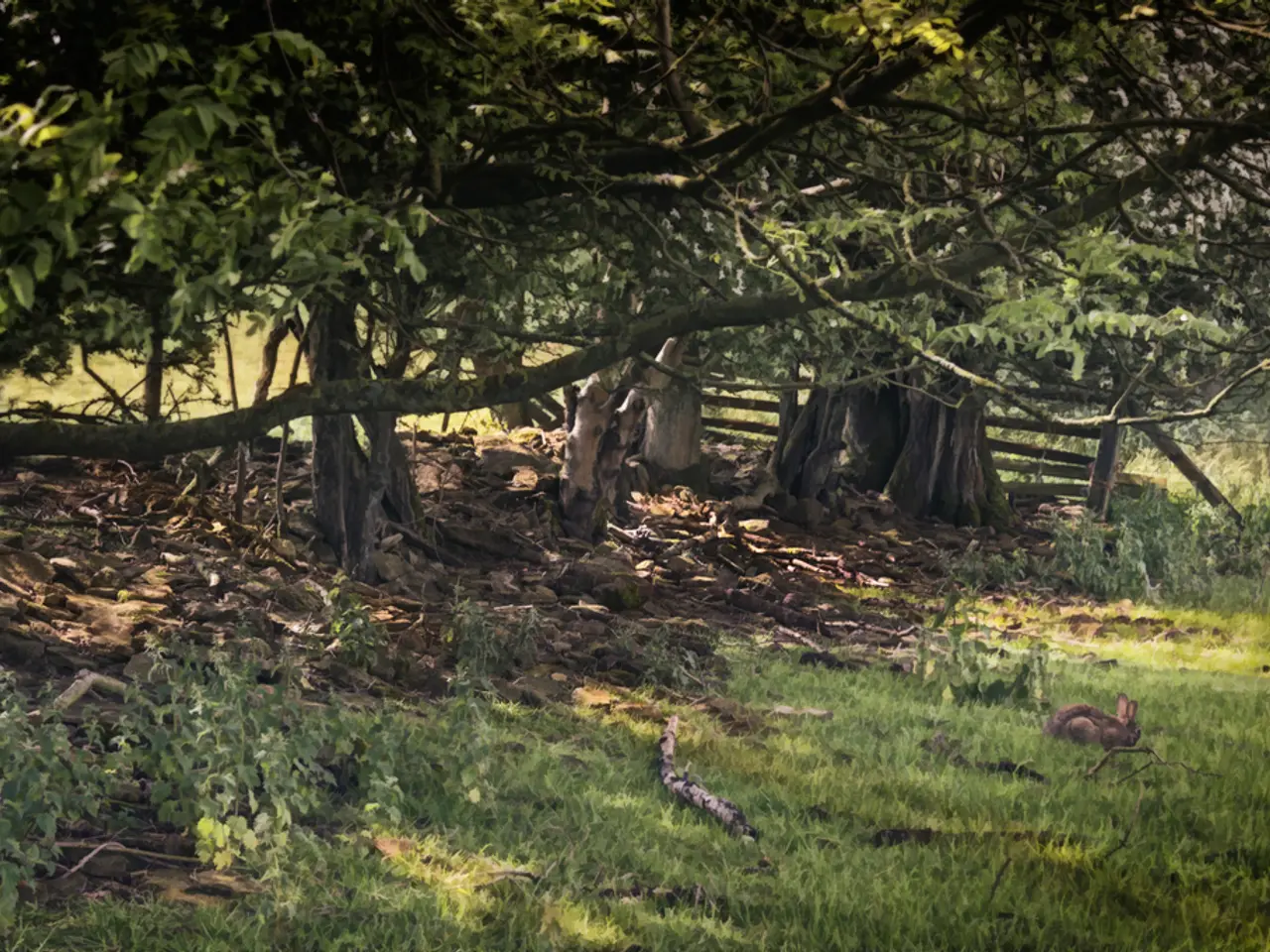Cultivating a Pandemic Plot: A Guide for Gardeners in Uncertain Times
In these unprecedented times, many Americans are re-discovering the art of growing their own food, reminiscent of the "victory gardens" during the world wars. This newfound interest in gardening, dubbed the "pandemic garden," offers a myriad of benefits, from fostering self-sufficiency to supporting local communities.
When it comes to starting your own pandemic garden, choosing the right seeds is paramount for a successful harvest. Opt for healthy seeds and pre-sprouted seedlings to ensure a strong start. Remember, overwatering is inefficient and can do more harm than good. Instead, check soil moisture by sticking your finger in it.
Space is another crucial factor to consider. While zucchini and tomatoes require more room due to their generous growth, herbs like rosemary, thyme, basil, jalapenos, and peppers are suitable for small spaces. If you're feeling adventurous, consider trying plants like pattypan zucchini, bok choy, and Asian broccoli for a change from the usuals.
Composting is an excellent way to ensure your soil is packed with nutrients, essential for a healthy garden. You can obtain compost from local shops or make it at home using biodegradable matter like banana peels, wilted vegetables, apples, coffee grounds, shredded newspaper, and fallen dry leaves.
Location plays a significant role in the success of your pandemic garden. The amount of sunlight required depends on hardiness zones, which indicate which plants thrive in cold weather. Remember, pursuing a pandemic garden requires smart use of space, regardless of whether it's a small balcony or a large backyard.
Starting a pandemic garden should not put undue pressure on oneself. Gardening is a journey, and it's okay to make mistakes along the way. The goal is to enjoy the process, learn, and grow.
For those interested in sourcing seeds locally, there are several regional seed banks across the United States. The Seed Savers Exchange in Iowa, Southern Exposure Seed Exchange in Virginia, and Rocky Mountain Seed Alliance in Colorado are just a few examples. You can contact these organizations via their official websites or social media platforms for seed orders and information.
By embracing the pandemic garden, you're not only growing your own food but also contributing to a more resilient and sustainable food system. So, why not give it a try? Who knows, you might discover a hidden green thumb!








